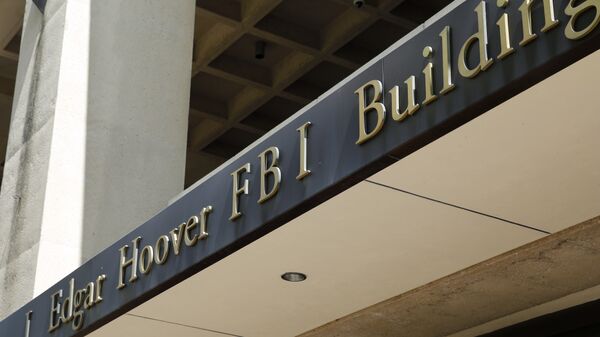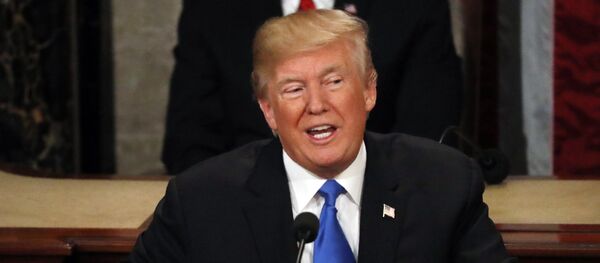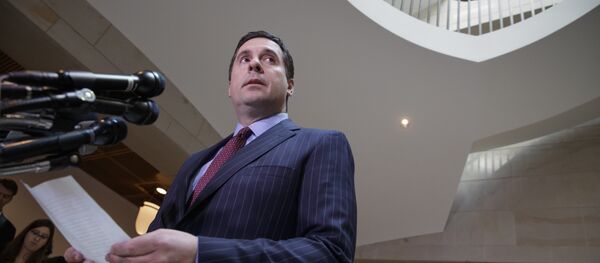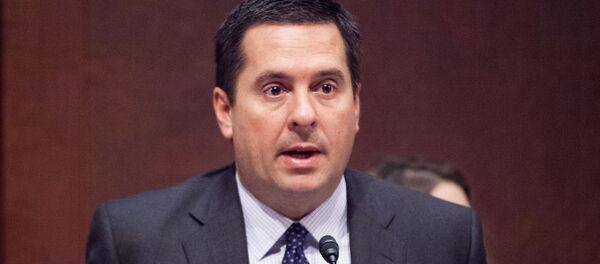The full text of the memo can be viewed at the House's website here.
The four-page memo focuses on the FBI's investigation of Carter Page, a banker and strategic consultant who served as an adviser to Trump during his presidential campaign. In October 2016, the FBI received a Foreign Intelligence Surveillance Act (FISA) warrant to investigate alleged ties between Page and Russian actors from the United States Foreign Intelligence Surveillance Court (US FISC).
The memo alleges that the FBI misled the FISC to retrieve the warrant in five ways. Firstly, the warrant was based on a memo compiled by Christopher Steele, a former MI-6 agent who conducted opposition research against Trump in 2016. However, the request failed to mention that Steele had conducted this research while on the payroll of Trump's political opponents Hillary Clinton and the Democratic National Committee (DNC).
Secondly, the warrant request also relied on an article published on Yahoo News that was used to corroborate Steele's claims — but that very Yahoo article was based on information leaked by Steele himself by his own admission. This was not mentioned in the filing.
Thirdly, Steele allegedly told DOJ Associate Deputy Attorney General Bruce Ohr in September 2016 that he "was desperate that Donald Trump not get elected and was passionate about him not being president." Steele's animus towards Trump was also omitted from the filing.
Fourthly, the contents of the Steele dossier were (and still are) mostly uncorroborated when it was used as the basis for the filing of the FISA warrant. While the FBI admitted this in the filing, banking instead on Steele's proven record as an intelligence agent, they hid Steele's personal and financial baggage that made him a less-than-credible source.
Fifthly, the filing mentions a connection between Page and another Trump adviser, George Papadopolous. However, the FBI has no evidence of that connection, other than both men serving as foreign policy advisers to candidate Trump. Papadopolous pleaded guilty in October 2017 to making false statements to the FBI related to meetings he had with Russian Foreign Ministry officials on the campaign trail.
HIC Chair Rep. Devin Nunes (R-CA), who compiled the memo, said that it demonstrates "serious violations of the public trust" undertaken by the FBI and DOJ. He added that he hoped the document would trigger reforms to the US' judicial system.
The FBI defended themselves from allegations of misconduct. FBI Agents Association President Thomas O'Connor issued a statement of his own where he claimed that FBI agents were dedicated to upholding the law and the American constitution. "The American people should know that they continue to be well-served by the world's preeminent law enforcement agency," O'Connor wrote.
The existence of the memo became public knowledge in mid-January when Nunes and other Republicans called for the memo to be declassified. Conservative media soon joined them, as did many private individuals who called for Congress to #ReleasetheMemo.





